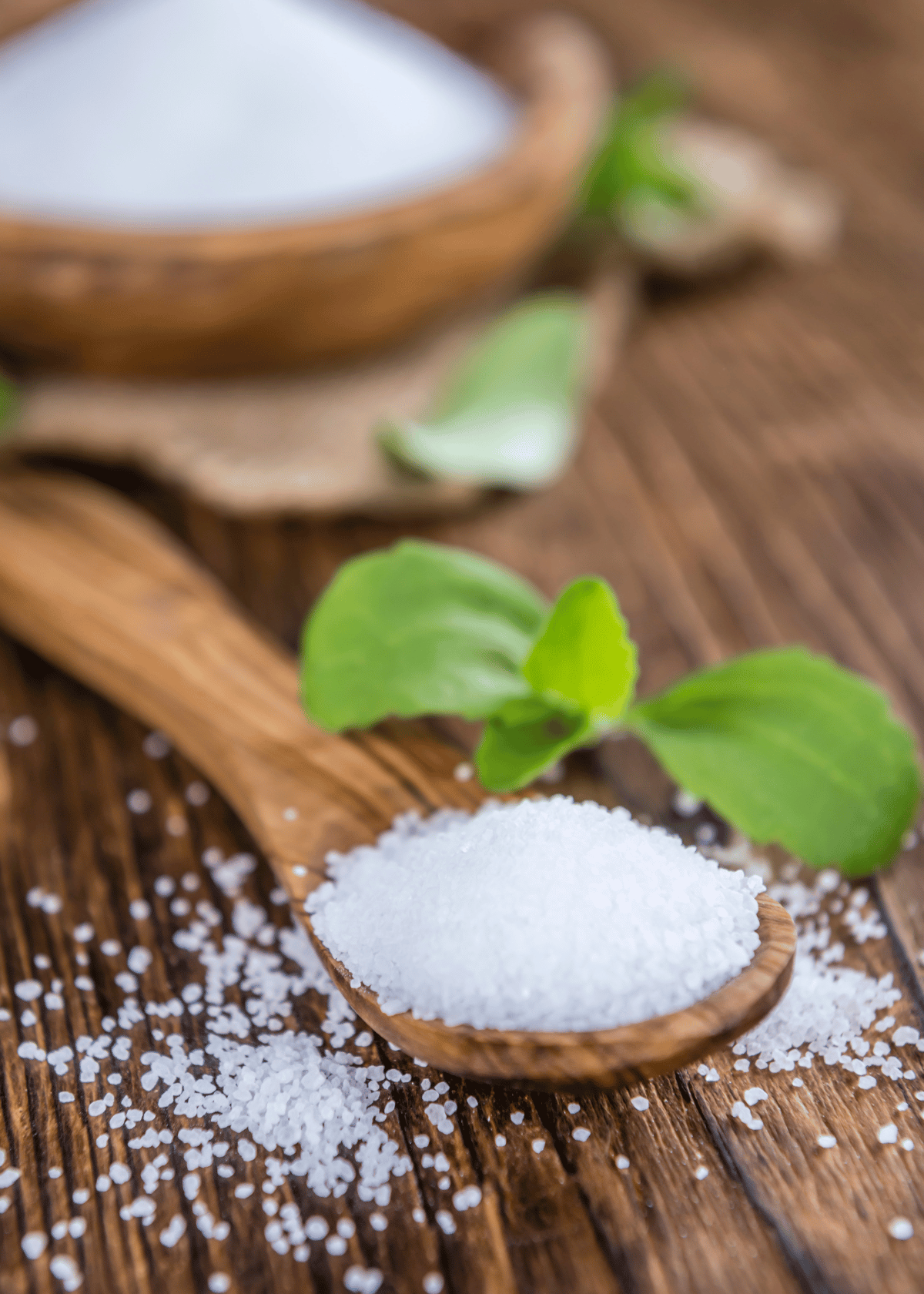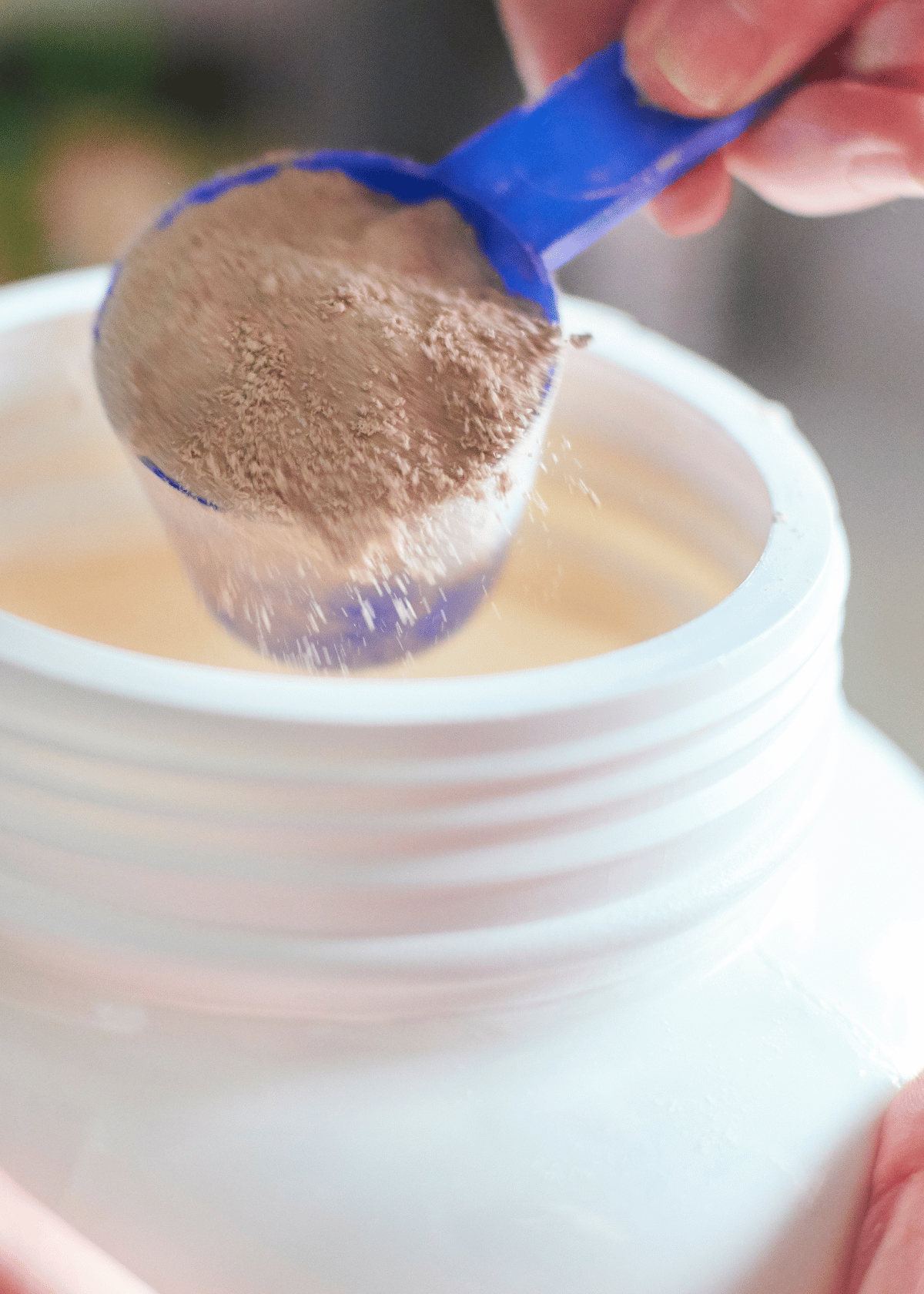If you’re like many of us, your morning cup of coffee is a necessary part of starting the day. But what about those times when you want to change up your morning routine? Or maybe you just don’t want to use traditional coffee creamers that are filled with artificial flavors, high fructose corn syrup, or dairy products. Well luckily, there are plenty of healthy alternatives out there so you can continue to enjoy your morning coffee without sacrificing taste or health. Let’s look at some of the healthier options available for your morning cup.
Why Should You Look At Healthier Alternatives
Creamers like half and half, heavy cream, or evaporated milk all contain higher amounts of calories and saturated fat, which can lead to unhealthy weight gain over time with regular use. Plant-based alternatives like almond milk are naturally lower in calories while still providing a creamy texture - they’re also free from cholesterol and trans fats. Similarly, coconut creamers tend to be richer in flavor than other plant-based milk while providing less saturated fat than dairy options due to their high content of beneficial fatty acids such as oleic acid (known for its anti-inflammatory action).
Almond Milk - Almond milk is a great alternative to traditional creamers because it's lactose-free and low in calories. It also contains Vitamin E and other vitamins and minerals that are beneficial for overall health. It can be added directly to your coffee or used as a substitute for traditional creamers in recipes. Additionally, almond milk adds a sweet nutty flavor to coffee which makes it a great choice if you're looking to switch up the taste of your morning cup. There are many almond milk products available in the market with different flavors such as french vanilla.

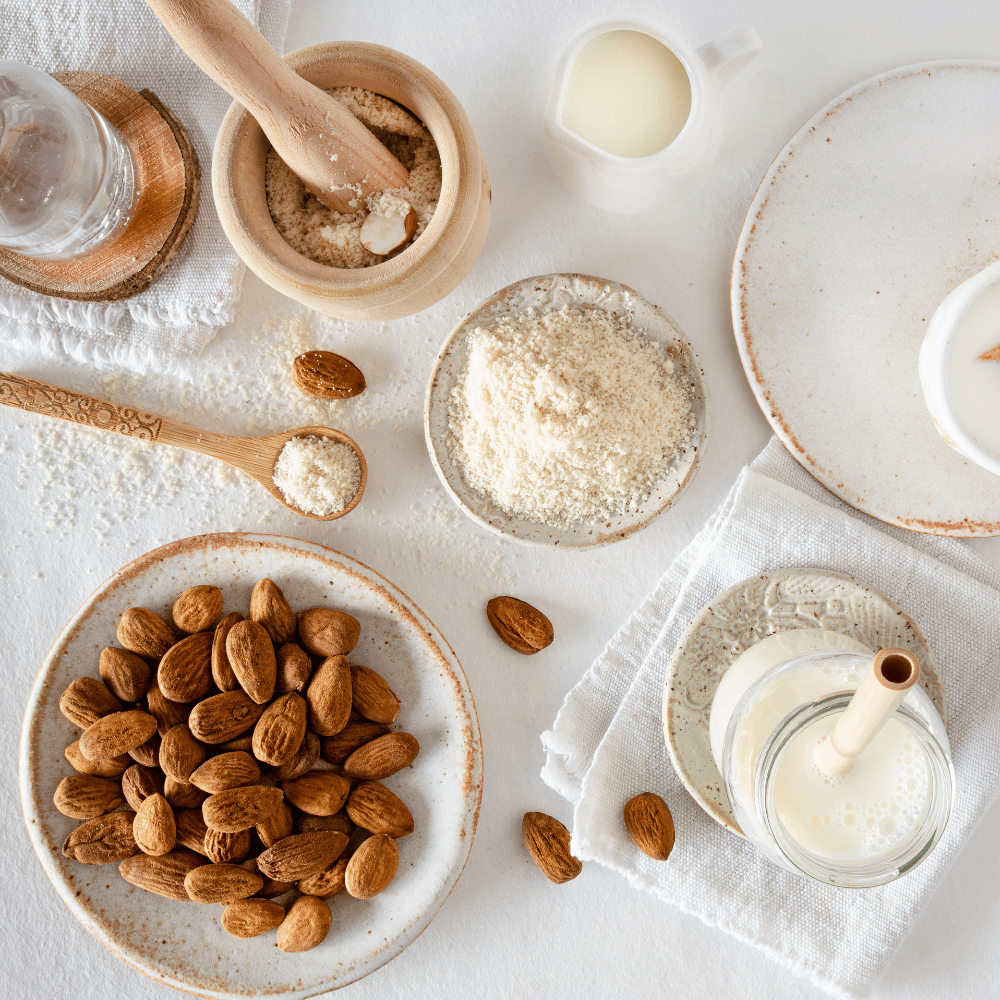
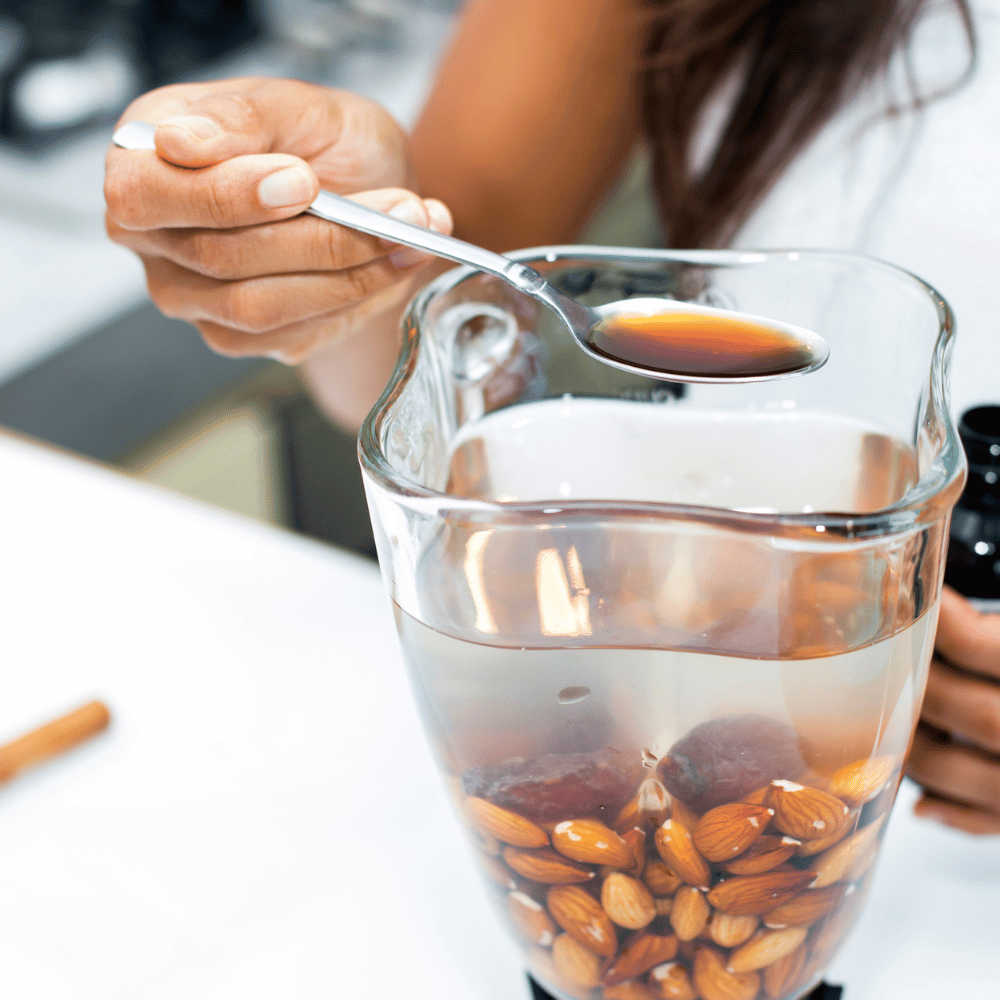
Oat Milk - Compared with many store-bought creamers that are loaded with preservatives, sugars, artificial sweeteners, and flavors, oat milk has much fewer additives — just oats! Additionally, oat milk contains no cholesterol or saturated fat like dairy creamers do. This makes oat milk a great choice if you’re watching your cholesterol levels or trying to avoid saturated fats in your diet.
One of the primary health benefits of oat milk is its nutrient content. Unlike some other plant-based milk (like almond or coconut), which contain few vitamins or minerals apart from calcium and vitamin D (added during processing), oat milk boasts several essential vitamins and minerals such as potassium, magnesium, and zinc. In addition to providing antioxidants like Vitamin E which can help prevent cell damage from free radicals in the body, these micronutrients have also been linked with overall better heart health over time.
While it won't have quite as much protein as cow's milk does (~3g per cup compared with 8g per cup for low-fat cows milk) —which contributes significantly to its “creaminess”, oat milk still provides more than most other non-dairy alternatives due mostly to fibers called beta-glucans found naturally in oats that help give the drink thickness without relying on added oils.
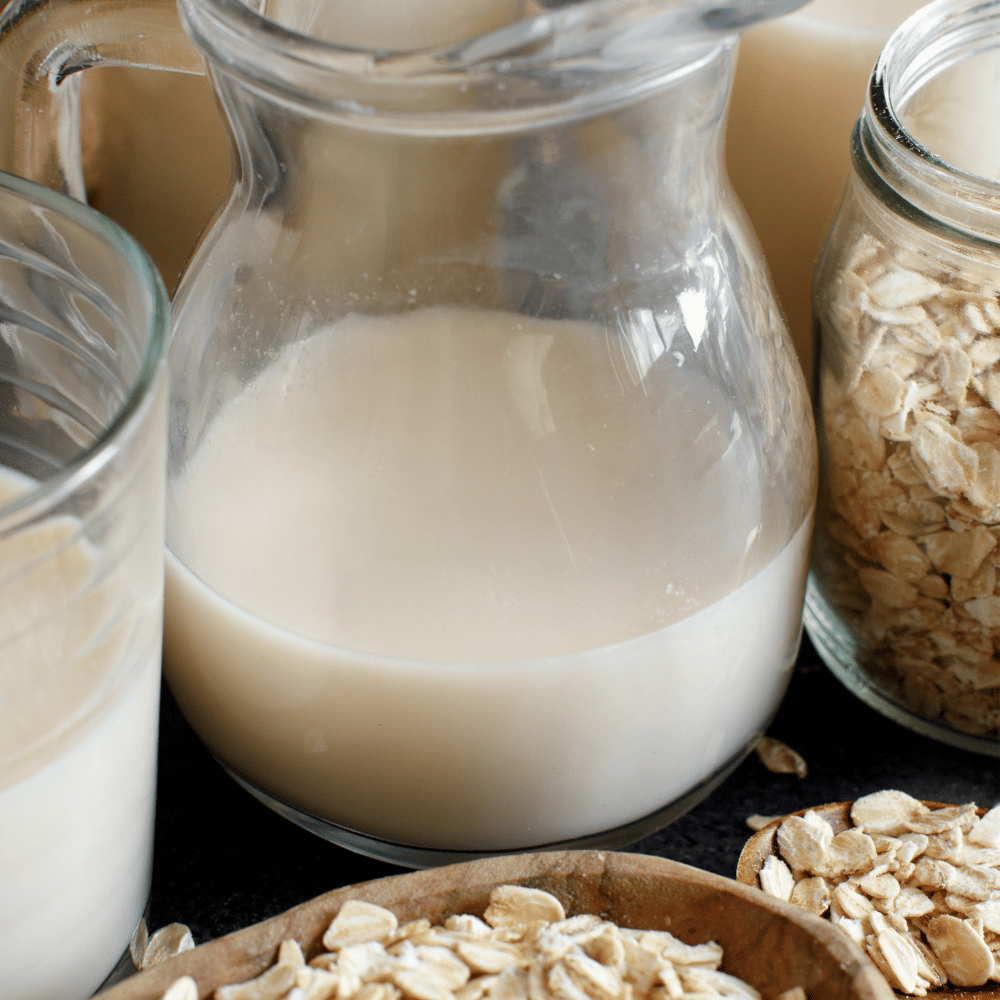
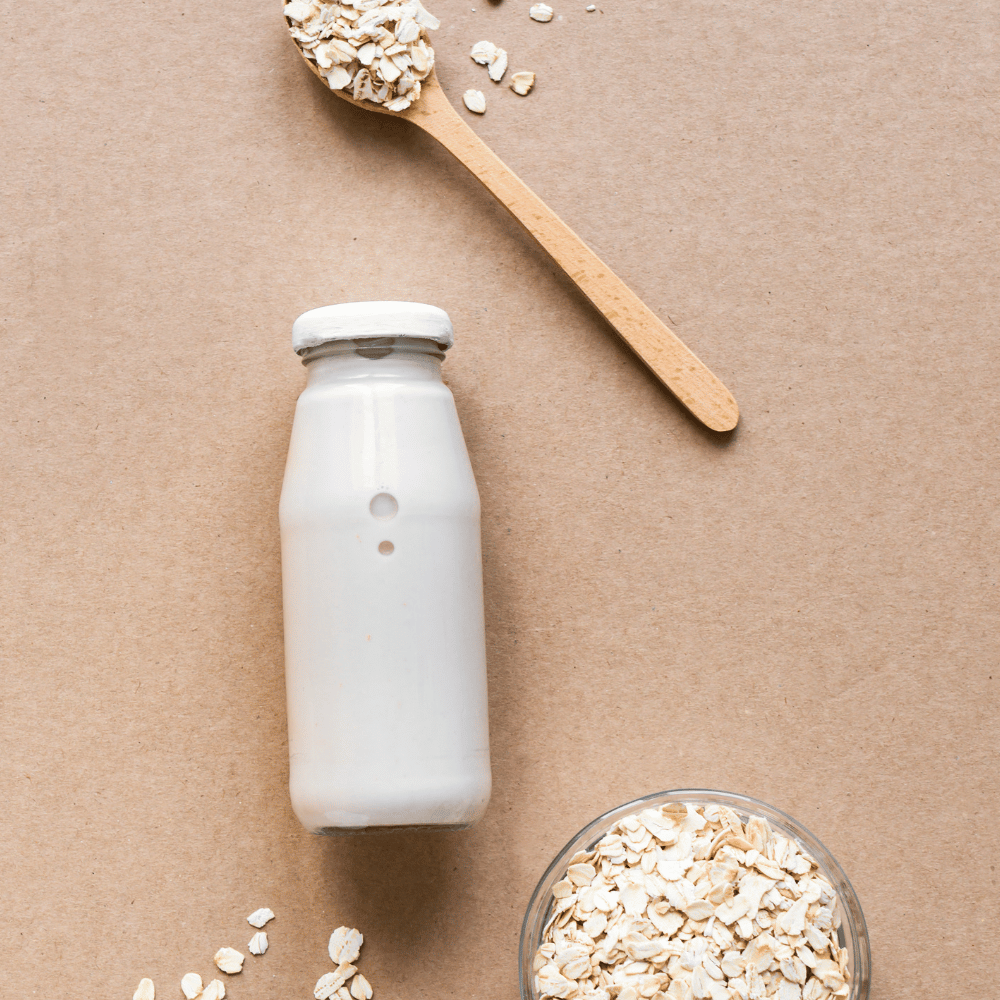
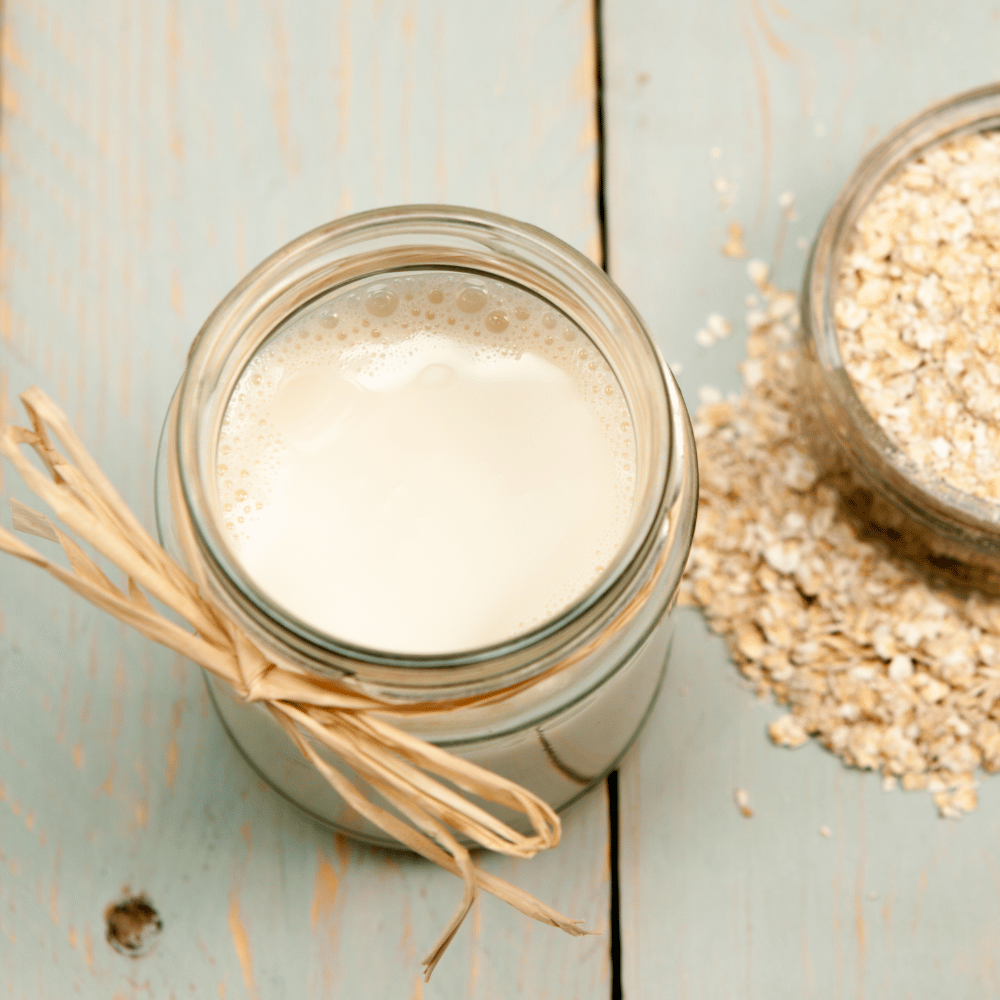
Cashew Milk - Compared to dairy creamers, cashew milk does not contain cholesterol or lactose, making it a great choice for those who are lactose intolerant or looking to reduce their cholesterol levels. Cashew milk also provides a high amount of healthy fats, protein, vitamins, and minerals that can help improve overall health.
When compared to other types of nut milk such as almond or coconut milk, cashew has the most balanced nutrition profile. It contains calcium and iron which helps keep bones strong and healthy while also providing magnesium which has been linked with improved cardiovascular health. Cashew milk also provides low amounts of saturated fat while still being very creamy in texture After all lower saturated fat intake leads to reduced LDL ("bad") cholesterol levels along with other beneficial heart-related effects.
In addition, cashews have antioxidants like Vitamin E that work in tandem with anti-inflammatory properties to reduce cell damage caused by free radicals in your body as well as slow down disease progression including potentially cancerous cells growths.
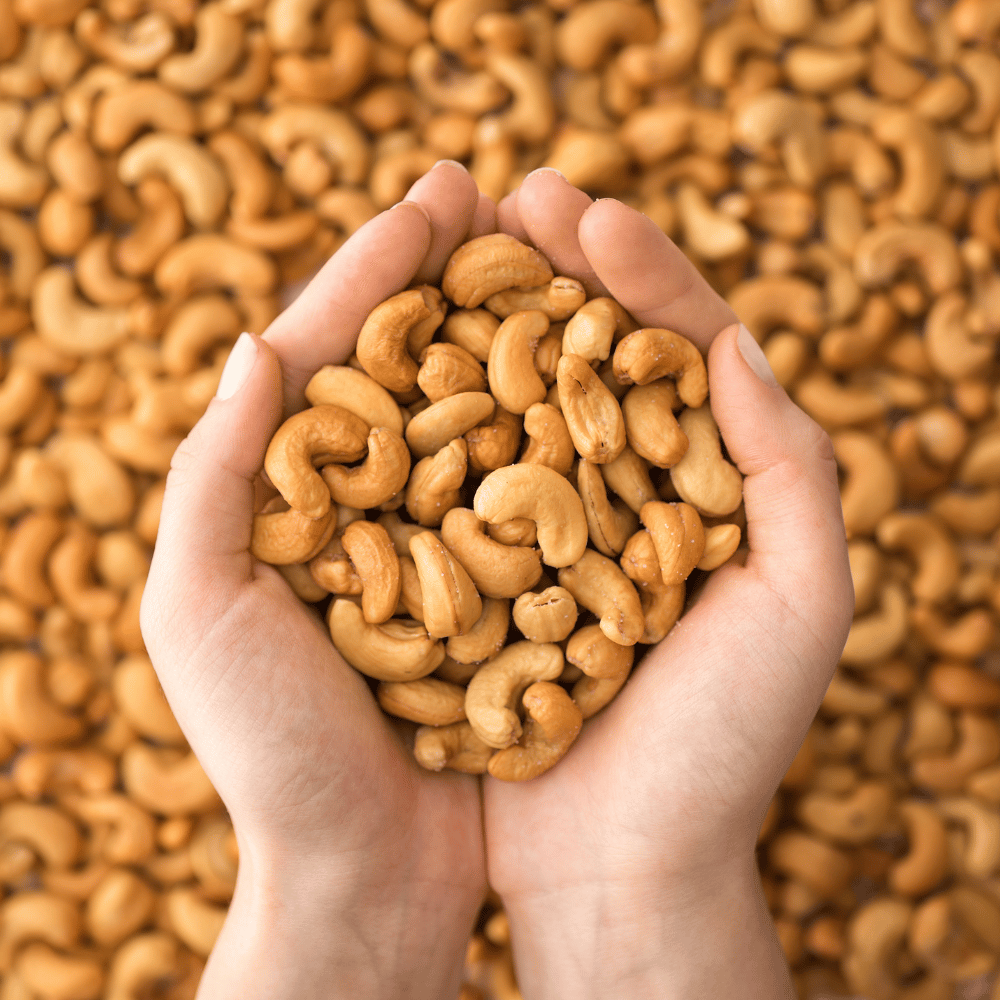
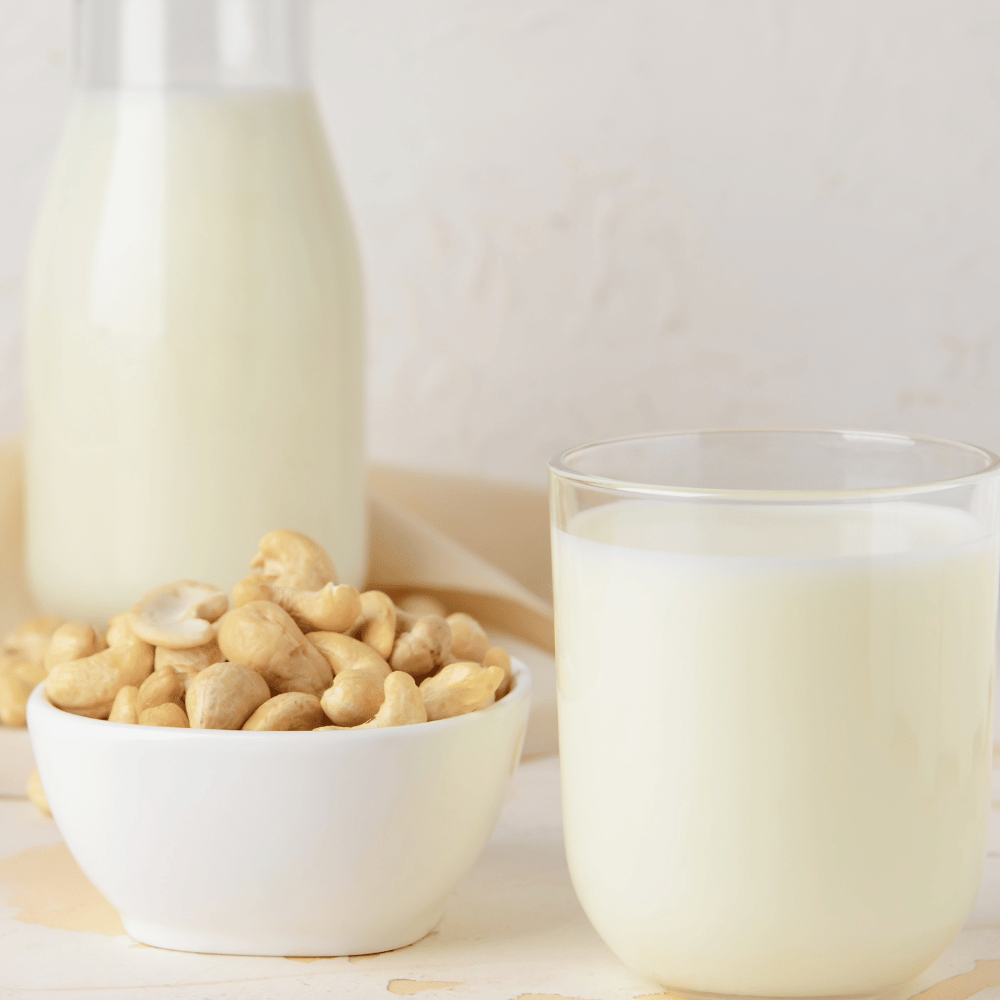
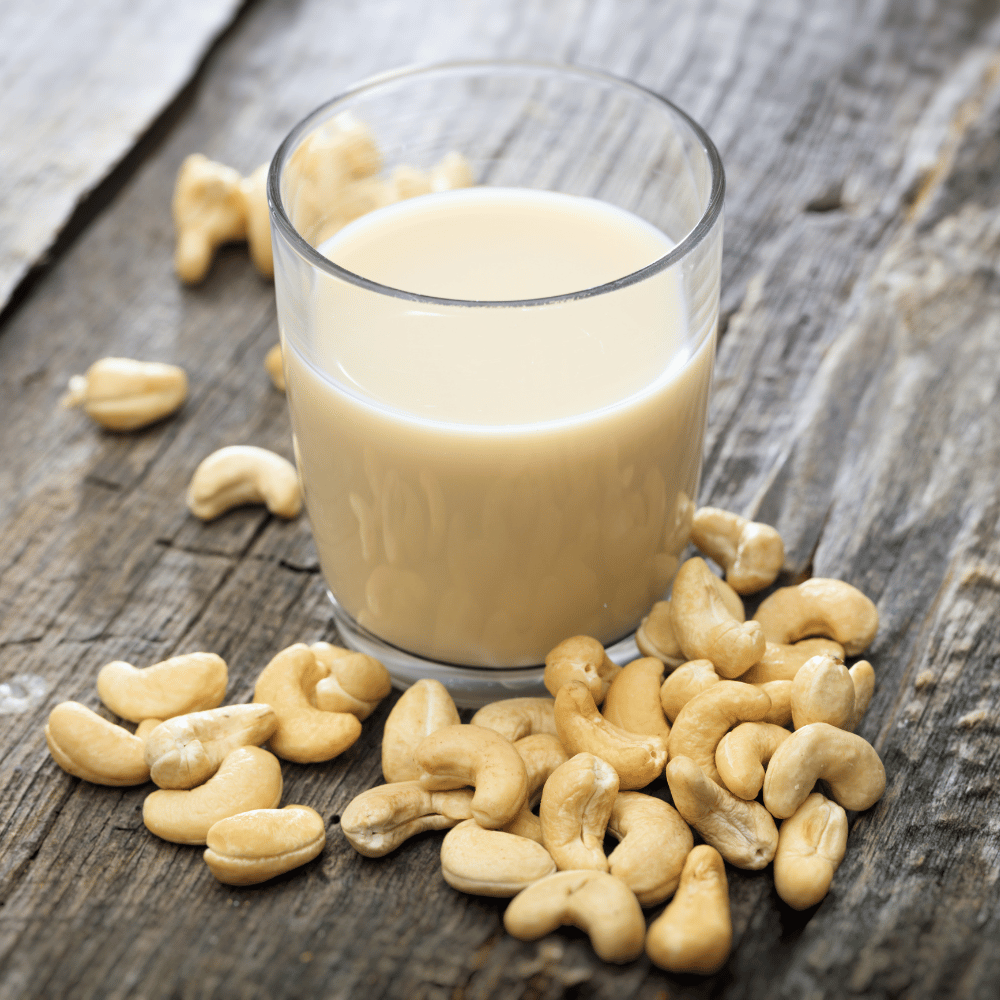
Coconut Cream - Coconut cream is another great option if you're looking for an alternative to regular creamer. It has a rich texture and creamy flavor that make it perfect for adding sweetness and thickness to coffee without having to use any artificial flavors or sweeteners like high fructose corn syrup. Plus, coconut cream is dairy-free so it's suitable for those with lactose intolerance or vegan diets.
Coconut Oil - Coconut oil is becoming increasingly popular due to its numerous health benefits including improved metabolism and digestion as well as improved heart health. Adding coconut oil directly into your coffee can help give it an extra boost of energy and flavor without using any unhealthy additives like artificial flavors or sweeteners such as high fructose corn syrup. You can also mix coconut oil with other ingredients such as maple syrup or pumpkin spice to create delicious homemade coffee creamers that make your morning cup even more special!
Coconut Milk Powder -Made from coconut flesh that has been dried and ground into a fine powder, this natural product offers many health benefits. It is rich in healthy fats, vitamins, and minerals such as calcium and magnesium, which can help boost your immune system and decrease inflammation in the body. Coconut milk powder also contains lauric acid which acts as an antibacterial agent, providing additional protection against illnesses. In addition to its numerous health benefits, coconut milk powder provides a great flavor to your favorite cup of coffee or tea without any added calories or sugars.
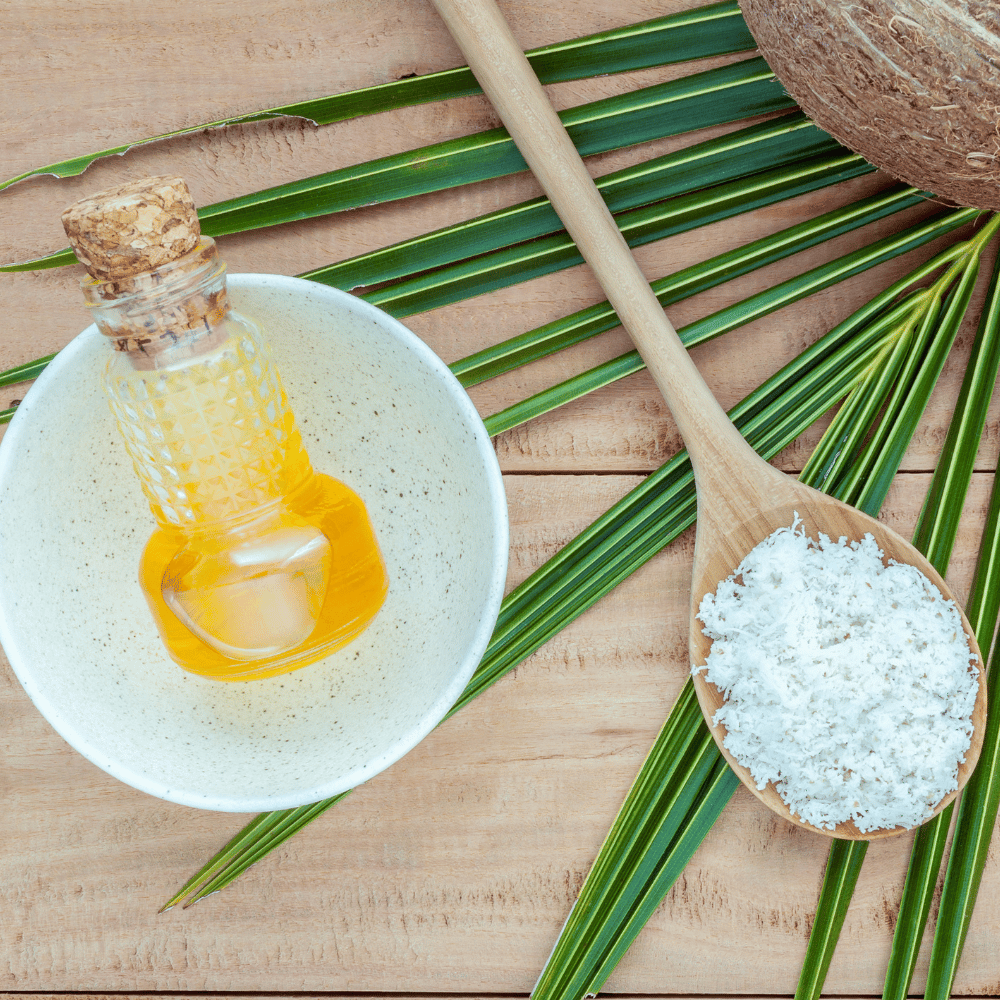
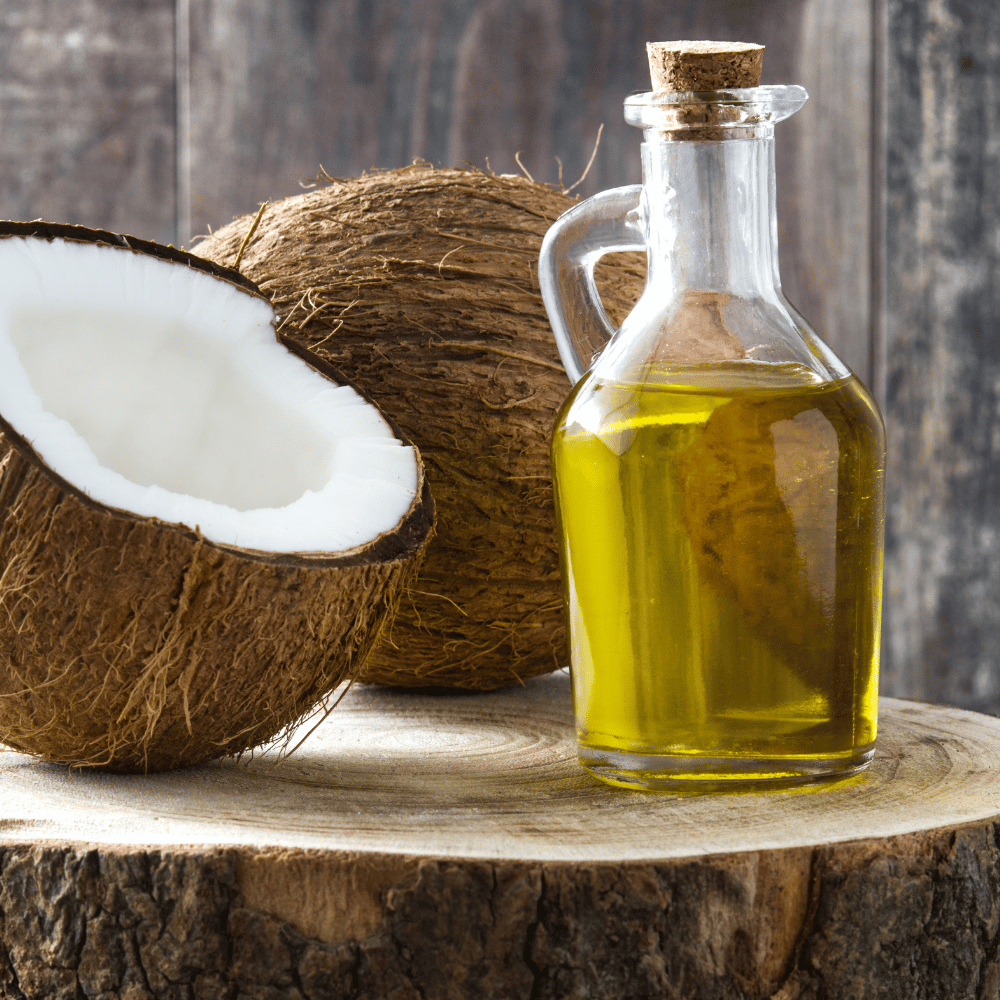
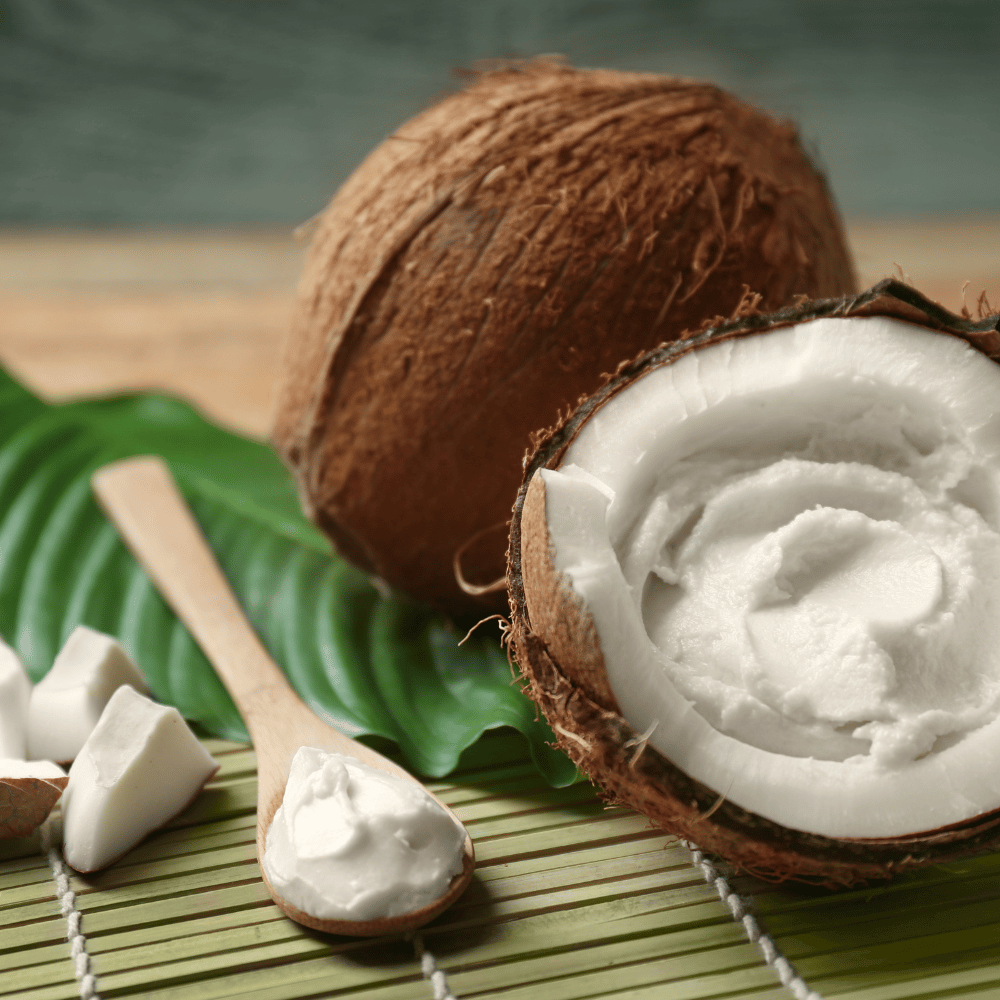
Bottom Line:
There are plenty of healthy alternatives available when it comes to changing up your morning cup of joe without sacrificing taste or nutrition levels. From almond milk and coconut cream, both of which add sweetness and thickness without relying on unhealthy additives; to coconut oil which provides an extra boost of energy; down the line ending with powdered creamer so you still get that same creamy texture in every sip – there’s something for everyone! So next time you reach for a traditional creamer, think again! There are healthier options out there waiting for you!
Related Pages:
- Picking The Best Coffee Creamer for Intermittent Fasting
- Choosing The Best Coffee Creamer For Weight Loss
- Avoid These Worst Breakfast Foods to Stay Healthy
- Your Morning Coffee with Protein Powder - What to Know
- Should You Drink Coffee Before Workout?
- The Pros and Cons of Consuming Caffeine on Empty Stomach



